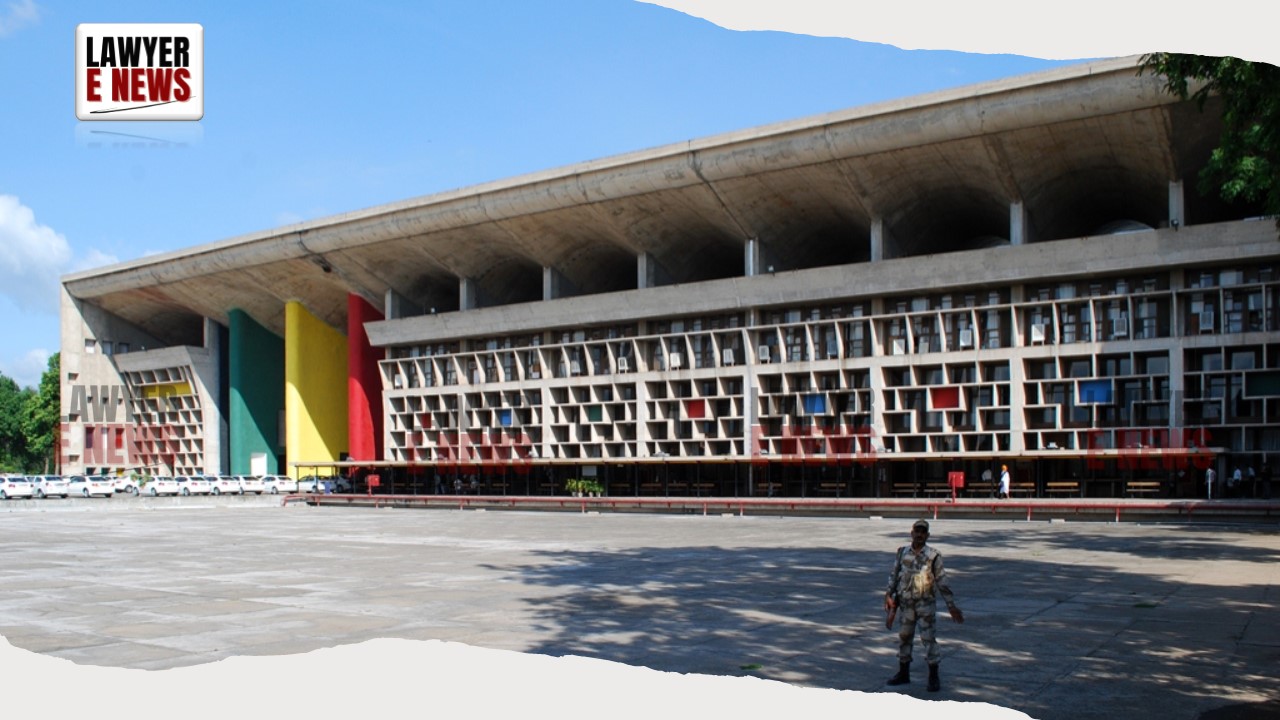-
by sayum
14 February 2026 2:22 PM



Punjab and Haryana High Court quashed the trial court’s order directing the Central Bureau of Investigation (CBI) to produce unrelied-upon witness statements, case diary entries, and status reports for the defense in a criminal trial involving mass castration allegations at the Dera Sacha Sauda.
Justice Kuldeep Tiwari emphasized that such directions by the trial court failed to meet the legal threshold of relevancy, necessity, and admissibility under Sections 91 and 172 of the Code of Criminal Procedure, 1973 (Cr.P.C.). The Court remanded the matter to the trial court with instructions to reconsider the applications within four weeks.
"Section 91, Cr.P.C., cannot be used as a tool for fishing or roving inquiries. Production of unrelied-upon statements or case diaries must satisfy strict requirements of relevancy and necessity."
The case emanates from an FIR registered by the CBI on January 7, 2015, following a directive by the High Court in response to allegations of mass castration of followers at the Dera Sacha Sauda, allegedly orchestrated by its leader Gurmeet Ram Rahim (respondent no. 1). The petitioner (CBI) submitted a chargesheet on February 1, 2018, naming the Dera leader and Dr. Pankaj Garg (respondent no. 2), a doctor accused of performing the surgeries, as accused.
During the trial, the respondents filed applications under Section 91, Cr.P.C., seeking:
Unrelied-upon statements of 87 witnesses recorded under Section 161, Cr.P.C.;
Police case diaries and status reports submitted to the High Court;
Specific documents that were part of the investigation but not included in the chargesheet.
The trial court allowed these applications on February 16, 2019, directing the CBI to produce and supply the sought statements and documents to the defense. Aggrieved, the CBI approached the High Court, challenging the legality of the trial court’s order.
1. Unrelied Witness Statements (Section 91, Cr.P.C.)
The respondents argued that the unrelied-upon statements of 87 witnesses were essential to cross-examine prosecution witnesses and challenge the credibility of their evidence. The trial court concurred and ordered their production.
The High Court found the trial court’s order to be legally unsustainable, emphasizing that Section 161, Cr.P.C., read with Section 162, Cr.P.C., permits the use of witness statements recorded during the investigation solely for contradicting the maker of the statement during cross-examination.
"Statements under Section 161, Cr.P.C., cannot be used as substantive evidence. Their use is restricted to contradicting the witness who made the statement. Allowing blanket production of unrelied statements without assessing their relevancy and necessity violates the statutory bar under Section 162, Cr.P.C."
The Court further criticized the trial court for failing to individually evaluate the necessity and relevancy of the 87 statements, relying instead on generic reasoning.
The respondents sought access to case diaries and status reports submitted by the CBI to the High Court. The trial court allowed the application, reasoning that the documents were essential for the defense.
The High Court quashed this direction, holding that case diaries are not evidence and cannot be accessed by the accused except under the limited circumstances specified in Section 172(3), Cr.P.C.
Justice Tiwari remarked: "Case diaries serve as a tool for investigation and are protected from disclosure to the accused. They can only be used to refresh the memory of a police officer or to contradict their testimony in court, and only under the conditions laid down in Section 172(3), Cr.P.C."
The Court also held that the status reports submitted to the High Court during the investigation were merely informational and formed part of the case diary, thus barred from disclosure.
The CBI argued that the respondents’ applications were a dilatory tactic aimed at prolonging the trial and amounted to a fishing inquiry. The High Court endorsed this view, stating:
"Section 91, Cr.P.C., cannot be used to facilitate a fishing or roving inquiry. The trial court must ensure that the sought documents are relevant and necessary for the defense, and not merely of remote or speculative importance."
The Court emphasized that trial courts must exercise discretion judiciously while deciding applications under Section 91 and reiterated the legal principles laid down in State of Orissa v. Debendra Nath Padhi (2005) and P. Ponnusamy v. State of Tamil Nadu (2023).
The High Court quashed the trial court’s order dated February 16, 2019, and remanded the matter for reconsideration in light of its observations. The trial court was directed to:
Assess the relevancy, necessity, and admissibility of the sought statements and documents.
Decide the applications within four weeks.
Additionally, the High Court extended its earlier interim order restraining the respondents from relying on the supplied documents until the trial court decided the matter afresh.
Statements recorded under Section 161 can only be used to confront the maker during cross-examination and for no other purpose.
Case diaries are privileged and cannot be accessed by the defense, except in rare circumstances prescribed under the law.
Section 91, Cr.P.C., cannot be invoked for speculative or dilatory purposes. Courts must carefully evaluate the necessity and relevancy of the sought documents before allowing their production.
Date of Decision: December 20, 2024
